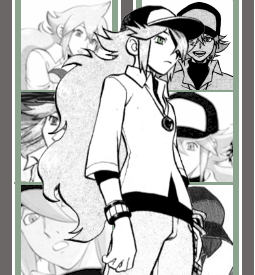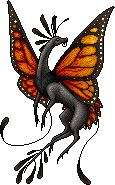s e v e n wrote:@Hobbit, That is a very good question, actually, and one I myself have fell to pondering upon occasion. You've driven me to search it up, and the one recurring point, the one that everyone seems to agree on, is that it is a novel that has, to quote, "outlasted time". And, I suppose, that's a good definition -because many of the other, more finicky points that people seemed to bring up fell under that heading. If a book is not memorable, not well-written, does not have compelling and relatable characters and poignant themes, then it likely will not become a classic.
Food for thought: What do you guys think defines a "classic"?
[/size]
In my mind, a classic is no younger than the sixties to forties (so Planet of the Apes, Fahrenheit 451, On the Road, 1984, and others like that count). It has to be well-known, and still popular, and to be... I can't think of the right word...memorable, maybe, to the reader. I've read many of them like Planet of the Apes, 1984, Animal Farm, Fahrenheit 451, The Scarlet Letter, Grapes of Wrath, White Fang, The Red Badge of Courage, Alice in Wonderland, etc. and I count all these as classics, but I don't count Friedrich, a good book that's old enough, but isn't that popular (that's a run-on sentence, but I haven't the time to rewrite it). In other news, I've developed a fear of apes, from Planet of the Apes.































